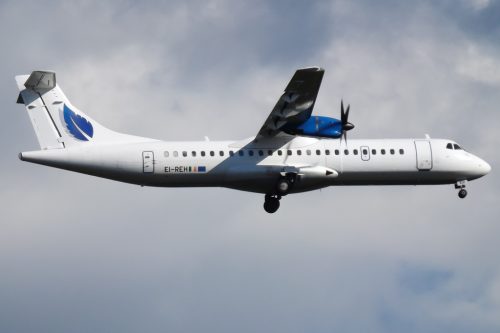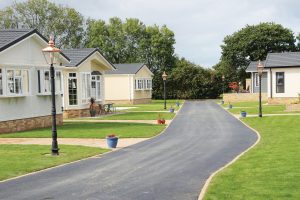Stobart Group reducing dividend to build capital strength

Stobart Group is reducing its dividend payments to build up its capital resources.
The Carlisle-based group revealed in an update to the market this morning that it has considered the appropriate level of the fourth quarter dividend, saying that, since March 2017, it had paid dividends to shareholders of £105m funded via disposals of non-strategic assets.
It said: “Over the same period, gross capital expenditure of £67m has been invested in its operating divisions.”
But it added that, though the group owns non-strategic assets with a book value, at August 31, 2018, included in the interim statement of £149m, the board believes it is prudent financial discipline to use proceeds from further disposals in the medium term primarily to invest in value-creating opportunities based on sustainable operating cash generation and to maintain a strong balance sheet.
The group said it, therefore, intends to reduce the fourth quarter dividend to 1.5p per share.
This means that the total dividend paid in the current financial year is 15p per share, compared with 16.5p per share.
Stobart Group announced in its interim statement in October that it intends to carry out a capital review, and it will update the market on the full results of this review in its pre-close trading statement in March 2019.
The group statement added: “The board recognises the importance of dividends to its shareholders and will update the market accordingly, once it has completed the capital review.”
Today’s update confirmed that the group has continued to progress its growth plans for Stobart Aviation, which reported a 37% year-on-year increase in passenger numbers at London Southend Airport, and Stobart Energy, which reported a 72% year-on-year increase in tonnes supplied at the time of its interim results in October.
This operational progress has continued during the second half and the group is trading in line with expectations.
Stobart said this progress has also led the group to identify an increasing number of potential projects with attractive forecast returns on capital.
“The expansion opportunities at London Southend Airport are increasingly evident in view of the opportunities arising from the commercial agreements with Ryanair and easyJet, together with other airline partners.
“The agreements provide confidence that the airport will record significantly increased passenger numbers from next year, with the group targeting five million passengers from 2022 at £10 EBITDA per passenger.”
The statement added: “Similarly, Stobart Energy has a number of investment opportunities which are being evaluated including building, owning and operating renewable energy plants that will generate long-term, sustainable operating cashflows.”
Russ Mould, investment director at Manchester investment firm AJ Bell, said: “Investors like dividends because a big component of the potential gains from investing in the stock market is associated with these regular shareholder payments.
“However, that doesn’t mean a dividend should be preserved at all costs and the decision by infrastructure services firm Stobart to trim its full year dividend could turn out to be the right one for the business and, therefore, ultimately for shareholders.
“The owner of Southend Airport has been in the headlines for different reasons of late as it has navigated a high-profile court and boardroom battle with its former chief executive Andrew Tinkler – the judge in this complicated case is set to deliver their judgement in early 2019.
“Putting this issue to one side, Stobart’s decision on the dividend was predictable given a payout at the same level as last year would have implied a yield upwards of 8%, typically a sign the market believes a cut is coming.
“It is also sensible as the generous income stream from Stobart has been sustained by the disposal of non-core assets in recent years. These proceeds will now be used to invest in the business and to ensure the company has a strong balance sheet.
“Assuming the money is spent wisely, which is never a given, then genuinely ‘long-term’ shareholders should probably welcome this plan.”







